2023-April-28
Did you know? You can share this story using the social media icons on the upper left. Use the hashtag #WeAreCisco. You can also rate or comment on the story below.
Challenge Your Perception of Normal
BY CHARLOTTE HANLEY · FAILURE ANALYSIS ENGINEER · IRELAND
WITH HELEN GALL
4 MINUTE READ · 6 MINUTE LISTEN
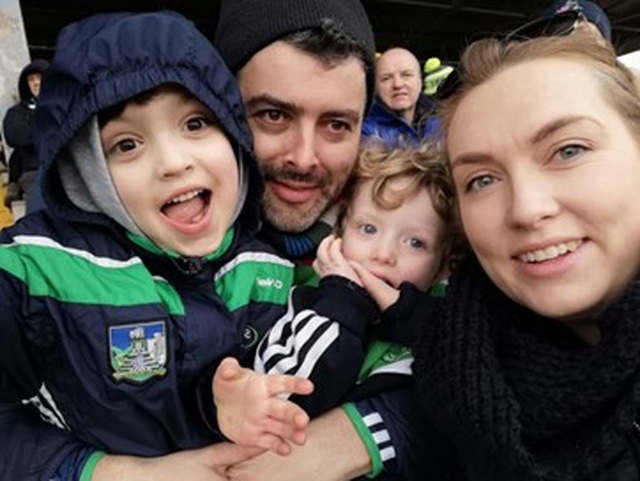
In April 2019, I went on Maternity Leave. After three boys, speculation ran rife: What would it be? As long as it was healthy, I didn’t mind.
I had no sooner finished work, and I went into labour — three weeks early!
After an intervention-free birth, I held my new baby, but he was unrecognisable to me.
I had had a normal pregnancy, no heart issues, the nuchal fold was good, the baby was a good size… wasn’t I too young for this? Why was I holding a baby with Down syndrome? Where was my normal baby?
The gender, hair, or eye colour were no longer important. I felt the air leave my lungs. I was paralysed in shock.
What was in front of us? What was in front of him and his brothers? Would they be burdened by him during their youth? And in their later years when I was gone?
My heart was breaking with worry. I had a heaviness that I couldn’t lift.
Would I ever be happy again? Is this grief? I just wanted things to go back to normal.
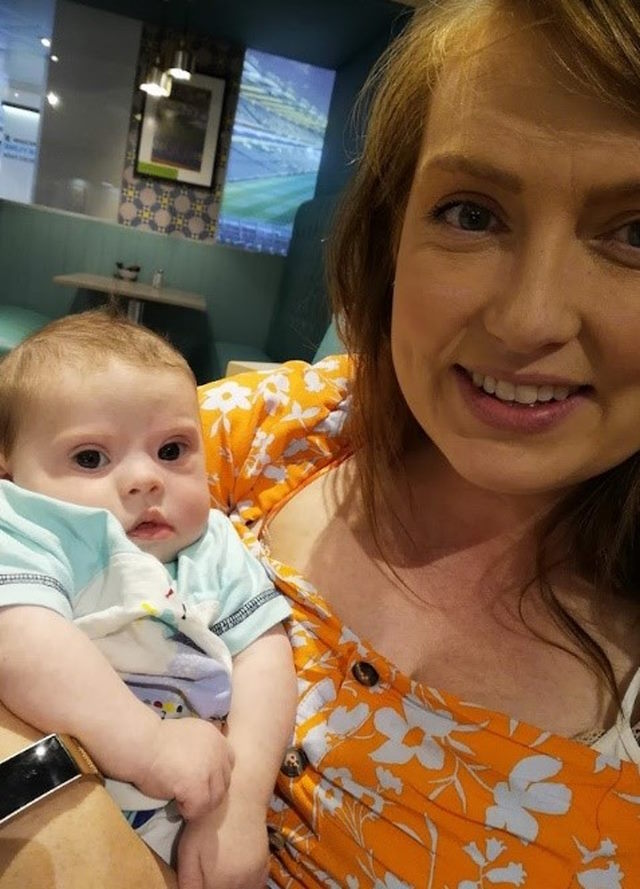
The baby didn’t feed well, and his oxygen saturation rates were low.
After 36 dread-filled hours, he was taken from me to bring him to NICU. In this moment, when the doctors wanted to take him away from me, he was potentially very sick and they didn’t know why, my maternal instincts kicked in.
I stopped thinking about the future, about the diagnosis; he was suddenly just my baby. How could these people take better care of my son? He was my Daithí.
I let them take him to NICU. Of course, they were far more qualified than an emotional mother!
We transferred to the National Children’s Hospital and stayed there for a month as he recovered from life-saving surgery on his intestine. In our little bubble, my love grew stronger and fiercer — like nothing I had known before. But I had severe anxiety about how other people would view us as parents of a child with additional needs.
Down syndrome was considered a sad thing. A hopeless case. Only before this generation, people with the condition were often institutionalised, excluded from community, education, and life in general.
We love our new normal
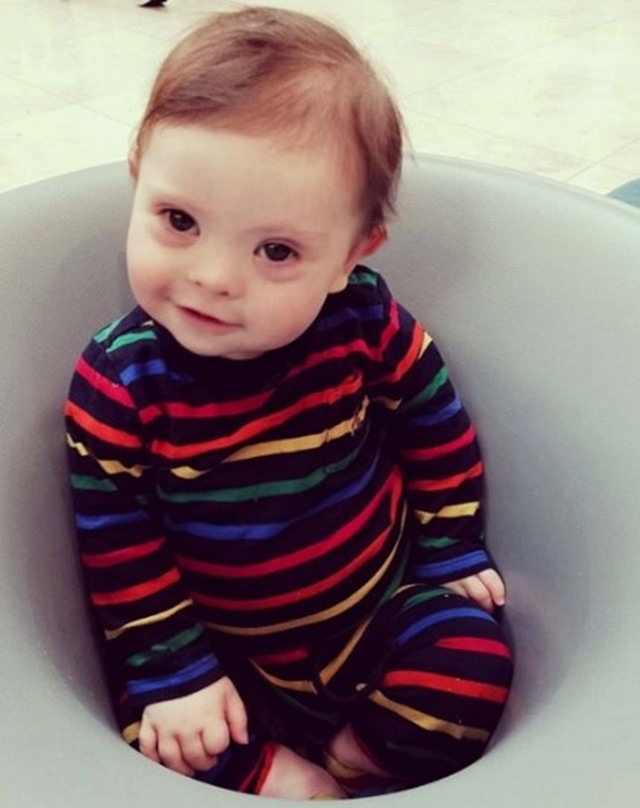
Thankfully. this is no longer the case.
The stigma I once associated with the condition was not reflective of our lived experience. There was no sadness and no difficulty. Yes, there were differences. But as a parent, you selflessly do anything to help your children reach their full potential and make those differences part of your day.
I quickly connected with Down Syndrome Limerick, where I found so much love, support, and guidance. They were instrumental in setting out a path of therapy, community, and friendship for us in those first few months.
I am now embarrassed by those tears I cried. They haunt me. How could I have felt so despondent about my wonderful son? He is anything but normal. He’s amazing, heart-warming, beautiful, joyful. You can keep normal; I got an upgrade!
Daithí’s brothers were too young to have judgement or bias. They loved him instantly and have never treated him any differently. He was normal to them.
Lucky them! They are blessed to have inclusion built into their family and are more accepting and appreciative of differences. We can learn from them. They love to come volunteering and fundraising with me. Down syndrome has enhanced their lives too.
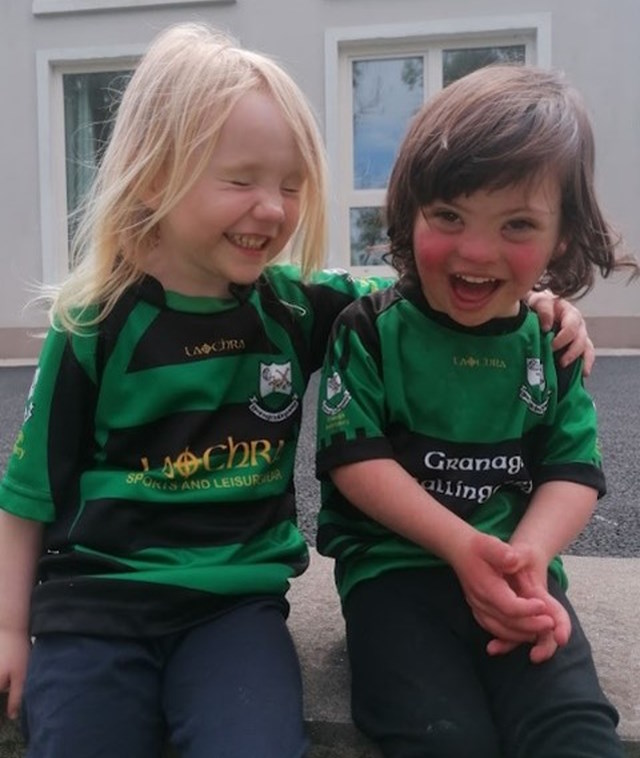
I was welcomed back to work with open arms, reassured that I would be supported in any way I needed.
My leadership team have been a phenomenal support system. They afforded me flexible working hours, especially during COVID-19, as Daithí could not attend childcare with his vulnerability to respiratory infections.
It is such a comfort to know that I will always be supported when my family needs to come first.
The Cisco Special Children’s Network (SCN), provides resources and an amazing support system for families who have a child and/or a family member with special needs. I also have access to Rethink, an employee program supporting parents of children with learning, social, or behavioural challenges, or a developmental disability like autism, Down syndrome, or ADHD.
I volunteer through the Community Impact Portal, where my time is matched by Cisco.
With Time2Give, I organised a school readiness program, a multidisciplinary therapist approach in the school setting. It was so fulfilling to be able to apply myself in a different field and allow my inner (amateur) speech therapist and teacher come out.
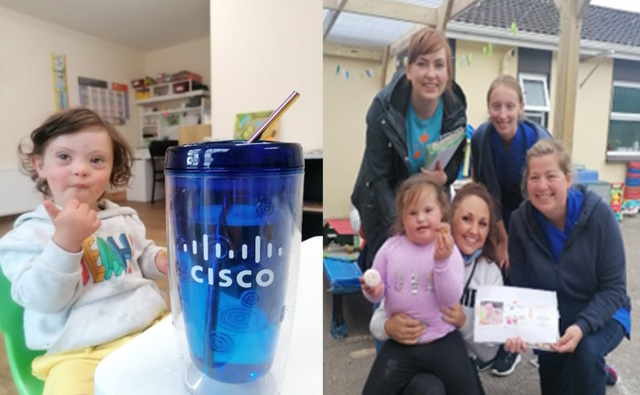
The future is bright for Daithí, he just needs a truly inclusive society.
I need everyone to challenge what you think you know about Down syndrome. And what you think is normal.
Employee Resources
- Special Children’s Network
- Employee and Family Assistance Program
- Join an Inclusive Community
- Global Wellbeing Community
- Join the #SafeToTalk Webex space
Connect everything. Innovate everywhere. Benefit everyone.
Share your thoughts!
Log in to rate and commentShare your thoughts on the story here!